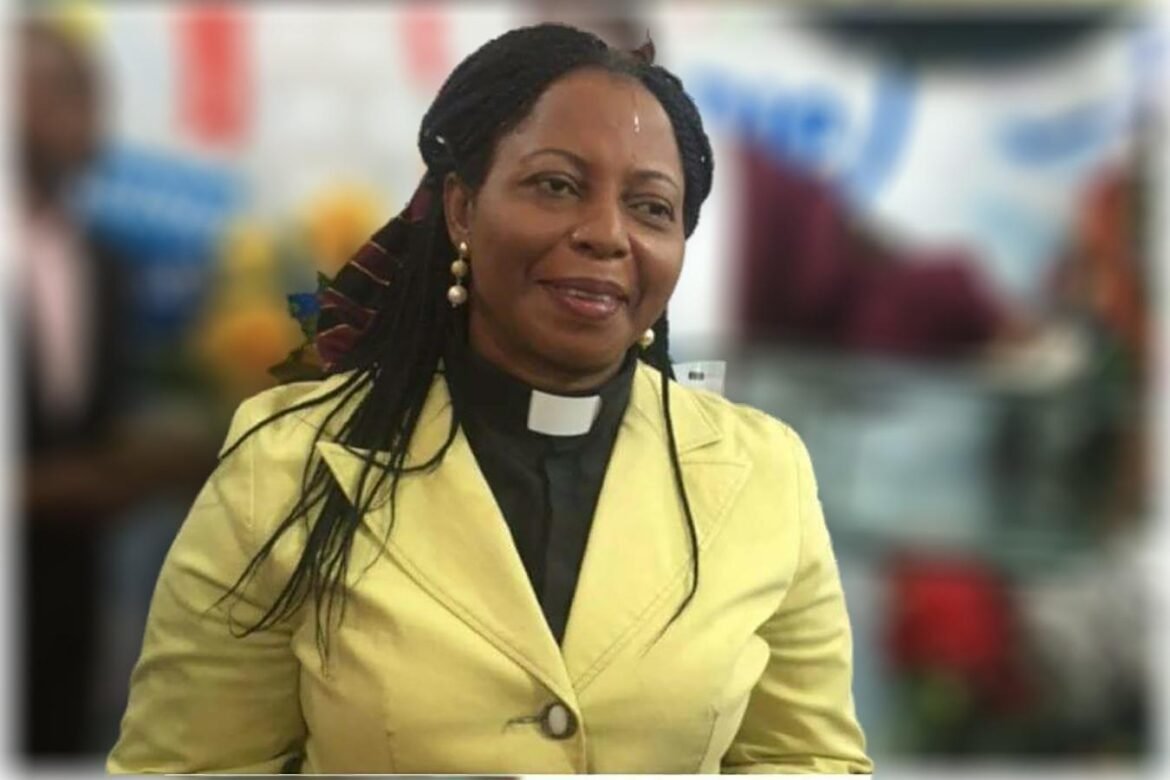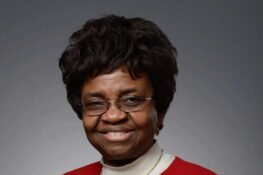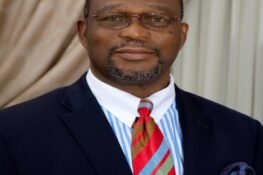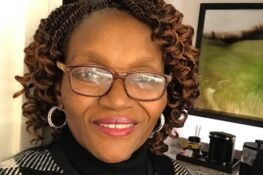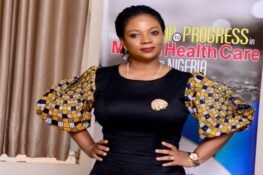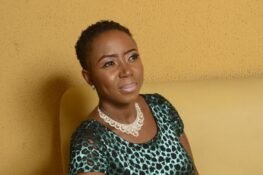As the Breast Cancer Awareness month winds down today, we share with you the survival story of Chief (Mrs.) Julia Fortune-Johnson (Yeye Aare Sobaloju of Eti-Oni, Osun State), who beat a Stage 3 invasive breast cancer 11 years ago and is still alive to narrate her experience…
When were you diagnosed and at what age?
I was diagnosed with cancer in December 2007 at the age of 52 (that was 11 years ago).
What stage were you diagnosed with?
I was diagnosed with invasive Stage 3c cancer that had spread to 10 or more lymph nodes and my underarm. It was an operable stage 3c cancer of the right breast.
How was the breast cancer initially detected; during a routine check?
It was detected by mammography during a routine annual checkup. There was no actual tumour found.
What was the first thing that came to your mind when you received the news?
Denial. As with the great majority of people who receive life changing news I was in denial. I always thought that cancer was somebody else’s problem, somebody else’s death sentence, it would never come for me.
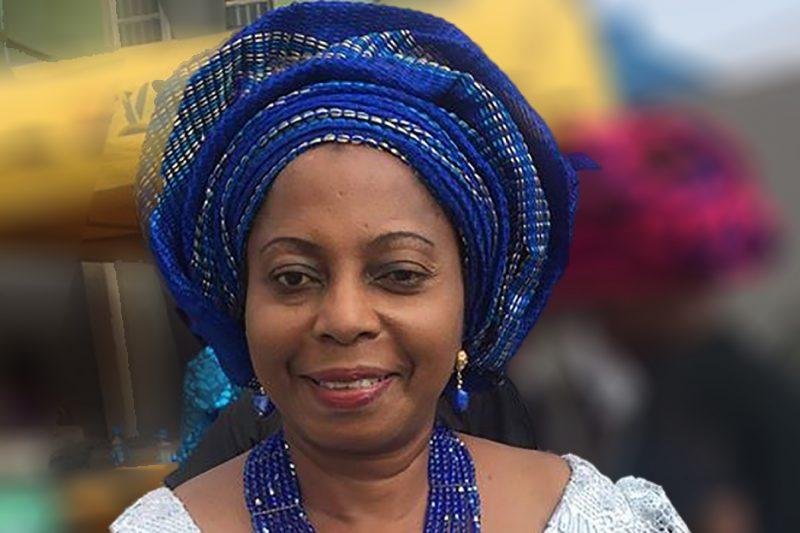
Chief (Mrs) Julia Fortune-Johnson/Photo credit: Julia Fortune Collection
How did you feel the days and weeks after?
I felt very devastated and angry at the same time.
I was angry at the goals and dreams that have not been realized. I am yet to witness the graduation of my children from colleges, or them getting married, or even birthing my grandchildren. I was sad that I had not impacted enough lives.
I had lived almost 40 years outside of my birth place. I wanted to make a difference. It was a wake-up call. I must say though that my cancer diagnosis was also a turning point for me in my life, it made realize that I am not immortal neither can I heal myself and I had to depend on a higher power known as God.
From then on, time became my best friend. Each step that I take suddenly became a controlled step that made me understand the value of taking advantage of what life has given me and recognizing how short life is indeed!
“As with the great majority of people who receive life changing news I was in denial. I always thought that cancer was somebody else’s problem, somebody else’s death sentence, it would never come for me.”
What did you do to help you meet the challenges of your treatments?
As a lifelong scholar and researcher, I took up the challenge of investigating my options, so I could have a stronger voice in my future. Most of the information available was focused on the standard or traditional treatments.
However, I found several articles on non-traditional therapies including undergoing Oxygen Theraphy to improve cellular conditions which reduced the risk of cancerous growth. I also embraced naturopathic and homeopathic processes.
Moreover, finding out how much Vitamin D that is in my system by taking a blood test called the 25-hydroxy Vitamin D test (other names for the test are 25-OH Vitamin D test, Calcidol, 25-hydro cholecalciferol test) regularly and the use of Vitamin D3 and Enzymes etc…These “non-traditional” therapies were the ones I decided to focus my research on.
What did others close to you do for you that made a difference?
It is important to get emotional support from positive people, whether family and friends, religious groups, counselors. I had my church groups visiting, praying and sending good thoughts to me.
The cancer society that I belong to was sending members to run errands as well as kept me company. In August of 2010, I met a loving, compassionate man; my husband Jay, who was then living in Nevada State while I was then residing in California.
Being from different cultures and states, it seemed unlikely for us to meet unless you have the faith that God is in control and through Him you will meet the person that He wants you to spend your life with.
Does your family have a history of breast cancer?
No, I was the first person with the disease.
How did you overcome your fears of treatments? Of side effects? Of the possibility of death?
I renewed and reinvested in my faith in our Lord Jesus Christ. Ever since I was a little girl I believed in Jesus but as often happens faith takes a back seat to life and career goals. Facing a life threatening disease you always seem to go back to your roots and I’m no exception.
Can you tell us about your treatment process?
Until recently cancer treatments, no matter the type of cancer, involved only three treatments – surgery, radiation, and chemotherapy, or cut, burn, and destroy. In my research I found that the type of breast cancer I had, chemotherapy was ineffective so the decision to pass on this treatment was an easy one for me.
It was not the path I was prepared to walk. I decided to pursue surgery, a single mastectomy and reconstruction, along with adopting a plant-based diet and easing the abundant stress that had enveloped my life.
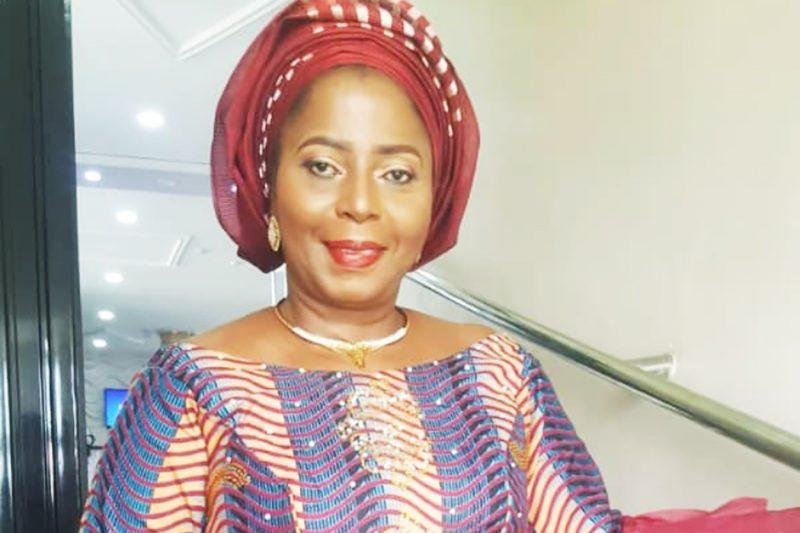
Chief (Mrs) Julia Fortune-Johnson/Photo credit: Julia Fortune Collection
There is this research that links cancer to traumatic experiences. Is there any such traumatic experience in your life that could have triggered breast cancer in your case?
Yes, chronic stress, from a devastating divorce from my first marriage of 16 years which put my body in a state of shock. As an entrepreneur, I found myself building a company and working 12 to 15 hours a day and not getting enough sleep. I was a workaholic.
I got used to burning the candle both ends. What I didn’t realize is that chronic stress lowers immune function and can lead to a host of diseases and cancer is one of them.
Through the Grace of God, I navigated the grieving process and then handed it all over to God. In the midst of my storm, I experienced God.
“I found that the type of breast cancer I had, chemotherapy was ineffective so the decision to pass on this treatment was an easy one for me. It was not the path I was prepared to walk. I decided to pursue surgery, a single mastectomy and reconstruction, along with adopting a plant-based diet and easing the abundant stress that had enveloped my life.”
What three things would you tell a person who just yesterday learned of their cancer diagnosis?
Wow! Just three? First, I would encourage them to get straight with God. Be anxious for nothing, but in everything by prayer and supplication, with thanksgiving, let your requests be made known to God. Stress and worry do not help the healing process.
Embrace extreme self-care, by spending time alone, going to the spa, learning what gives you joy, sign up for a class to acquire knowledge. Just because cancer visited you doesn’t mean you can’t live anymore.
There are other types of cancer like Chronic Lymphocytic Leukemia (CLL) with the buildup of B cell Lymphocytes in the bone marrow, lymph nodes and blood. This is a type of cancer that can never go away but must be managed. Which means you must continue to live and find new things to do.
I still have my lifetime goal, to build a Wellness Center that will offer Research, educational workshops, counseling, enhancing enriched quality of life that is stress and cancer free by forming a strategic alliance with the Lagos State Government and partnerships from those that believe in this worthy cause.
Second, I would excite them by telling them that cancer is not the death sentence it was in the past. Recent advances in early detection and treatments have signaled resounding successes in reversing cancer.
I would steer them toward or supply them with scholarly, peer-reviewed articles on the successes of new cancer treatments and protocols.
Thirdly, I would impart the importance of surrounding themselves with positive, loving people. Keeping positive throughout your cancer ordeal and beyond is of the utmost importance so there is no place for negative people in your life.
Don’t accept condolences for anyone, not even family, let everyone know that you are a winner, and more than a conqueror, so the only condolences should be for cancer because it lost the battle.
Now that you are a survivor, how are you living your life differently and why?
First let me correct you I am not a survivor, I am more than a conqueror! Romans 8:37 says that, “we are more than conquerors through Him that loves us”. More than ever I am living for Jesus in everything I do.
There is a song entitled, “Healer” by Kari Jobe. It says, “You hold my every moment, you calm my raging seas. You walk with me through fire. And heal all my diseases. I trust in You. I believe you are my healer. I believe you are my portion.
I believe you are more than enough for me. Jesus you are all I need. Whether it’s my personal life or professional life I rely on Gods guidance and infinite wisdom to lead my decisions.”
With that said I returned to the land of my birth to bring what I had learned in order to start a foundation aimed at cancer research, prevention, education, and awareness using state of the art naturopathic and homeopathic treatments and equipment.
We found that the same therapies that help prevent cancer also benefit those suffering from hyper stress and hypertension.
“Keeping positive throughout your cancer ordeal and beyond is of the utmost importance so there is no place for negative people in your life. Don’t accept condolences for anyone, not even family, let everyone know that you are a winner, and more than a conqueror, so the only condolences should be for cancer because it lost the battle.”
What kept you fighting?
I still fight, but with God on my side it is hardly a fair fight. Conquering cancer is an ongoing daily process. When empires of old conquered an enemy they just didn’t go home they stayed in that land and managed it as a subservient society.
The same with cancer, once you conquer it you have to continually manage your body and keep it in check. What keeps me going is my faith in God, the love and support of my husband and family, and the knowledge that I’m successfully helping my people in Nigeria.
Did you ever think that you would lose the battle?
Of course! However, I have a tremendous faith in Jesus and peace because of it but that doesn’t mean that those thoughts won’t creep in from time to time.
How did you spend those times?
Meditating, praying, praising God for what He has done in my life, for what He is currently doing and for what He is yet to do.
“I returned to the land of my birth to bring what I had learned in order to start a foundation aimed at cancer research, prevention, education, and awareness using state of the art naturopathic and homeopathic treatments and equipment.”
What message do you have regarding breast cancer for other women out there?
First detection is the key and early detection is vital. By the time that a cancer is detectable it has already been growing for some time. Mammograms should be taken as often as recommended and self-examinations should be done as often as one feels comfortable.
Second breast cancer doesn’t have to be a death sentence. Modern advances in medical imaging and detection have led to earlier and earlier detection of cancer.
There are more alternatives to mammograms for early detections of cancer, 1) Thermography Screening also known as Digital Infrared Thermographic imaging (DIT) is a non-invasive and safe diagnostic tool as an alternative or a complement to mammograms.
The American Cancer Society (ACS) have changed their position about mammogram testing. According to a recent study published in 2013 by the US Preventative Task Force recommended delaying mammograms for “healthy” women in order “to reduce the harms of mammography screening by nearly half” Mammograms expose very sensitive tissue to low-level radiation which accumulates in the body with each visit.
So instead of getting Mammograms from the age of 40, it is now 45yrs old and for women older, instead of every year, it is now every 2 years. 2) Oncoblot Test – is another alternative to mammograms, it is an extremely sensitive blood test that can be used to detect 27 different types of cancer and has 99 per cent accuracy rate for detecting extremely small tumours.
It is very effective and has 96 per cent accuracy rate in detecting the “site of origin” of cancer cells. The earlier the detection the sooner the battle can be engaged and the sooner the victory is achieved.
Thirdly, breast cancer doesn’t even have to be a diagnosis! Lifestyle is an important factor in any cancer so adopting a healthy lifestyle can be key to prevention. Your environment is also an important factor as well however we can do less about our environment than we can our lifestyle.
The most important factor however is you and the immediate decisions you need to make right now. You can be armed with all the best information possible but it is up you to make the proper choices.
